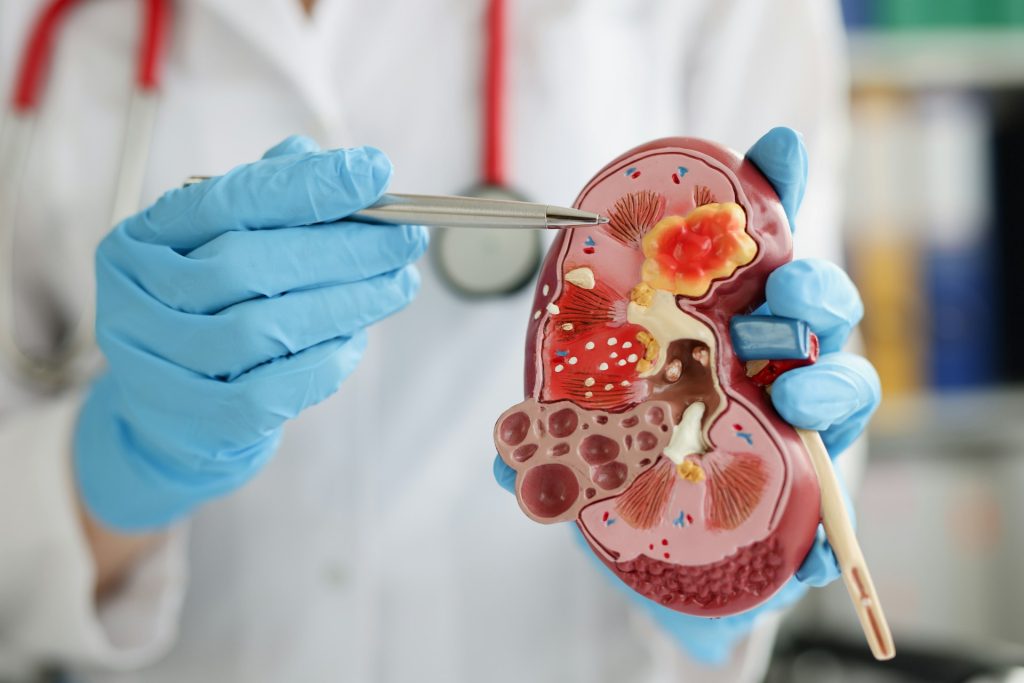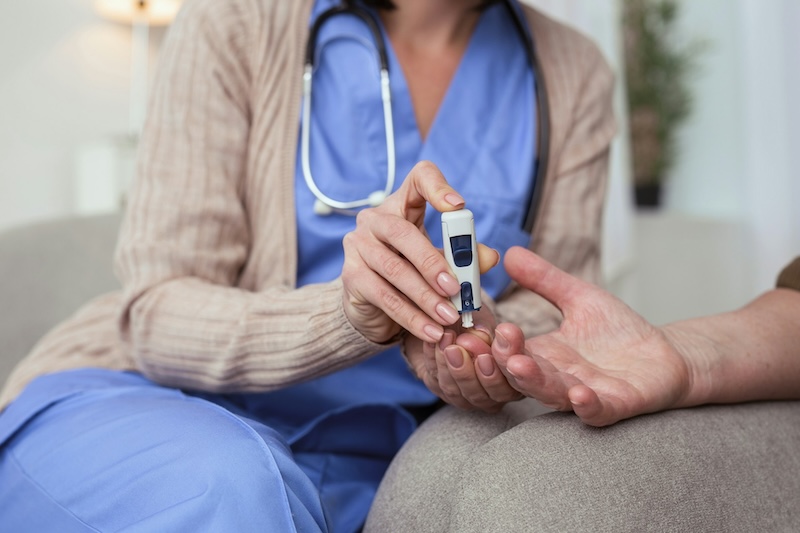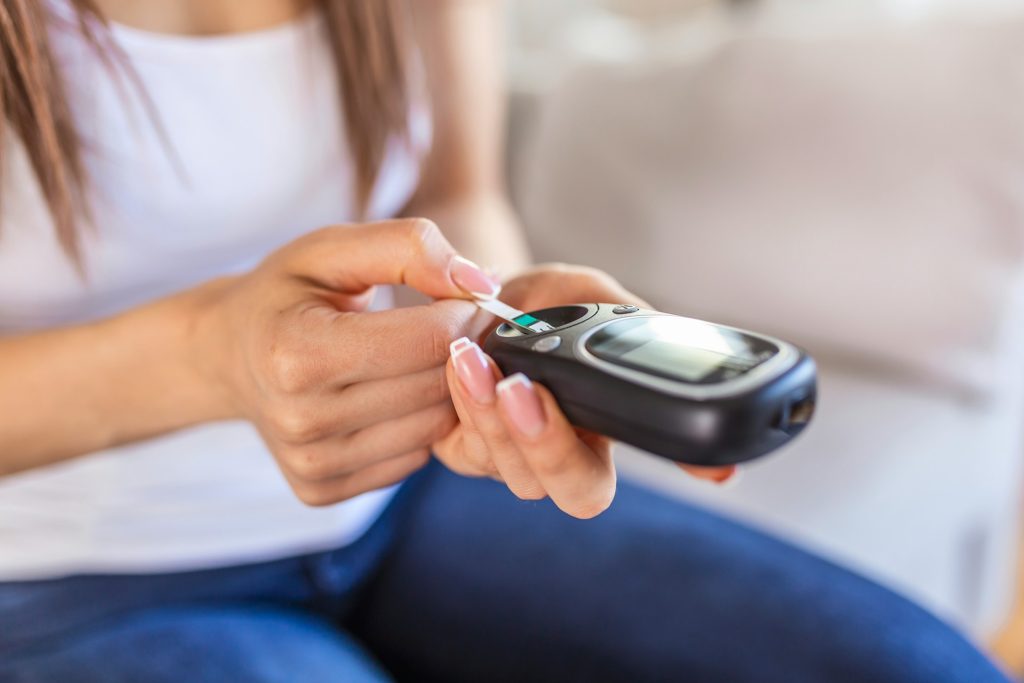Most people know that age is the biggest risk factor for dementia, but scientists are learning more about how other parts of the body can also affect...
Vous n'êtes pas connecté
- English
- Français
- عربي
- Español
- Deutsch
- Português
- русский язык
- Català
- Italiano
- Nederlands, Vlaams
- Norsk
- فارسی
- বাংলা
- اردو
- Azərbaycan dili
- Bahasa Indonesia
- Հայերեն
- Ελληνικά
- Bosanski jezik
- українська мова
- Íslenska
- Türkmen, Түркмен
- Türkçe
- Shqip
- Eesti keel
- magyar
- Қазақ тілі
- Kalaallisut ; kalaallit oqaasii
- Lietuvių kalba
- Latviešu valoda
- македонски јазик
- Монгол
- Bahasa Melayu ; بهاس ملايو
- ဗမာစာ
- Slovenščina
- тоҷикӣ ; toğikī ; تاجیکی
- ไทย
- O'zbek ; Ўзбек ; أۇزبېك
- Tiếng Việt
- ភាសាខ្មែរ
- རྫོང་ཁ
- Soomaaliga ; af Soomaali
 Maroc - GLOBALUPFRONT.COM - A La Une - 16/Sep 09:03
Maroc - GLOBALUPFRONT.COM - A La Une - 16/Sep 09:03
Ten Ways Diabetes And Dementia Are Linked
By Craig Beall & Natasha MacDonald The link between diabetes and dementia is becoming increasingly clear. New research shows how blood sugar problems affect brain health and vice versa. Here are ten evidence-based insights into how the two conditions are related. 1. Diabetes raises the risk of dementia People with...
Articles similaires
Scientists Think These Brain Changes May Link Insomnia To Dementia
Insomnia We’re still not quite sure how sleep affects dementia and vice versa, though some researchers think the two might be linked. For instance,...
Continuous glucose monitors may not help control blood sugar in people with no diabetes
Continuous glucose monitors (CGMs) are wearable devices that track blood sugar levels in real time. They are helpful for people with type 2 diabetes...
How to reverse prediabetes naturally
Prediabetes is a warning sign that your blood sugar levels are higher than normal—but not yet high enough to be called diabetes. The good news is...
Diabetes is one of the major causes of hair loss: Understanding the effects, signs and symptoms
Unusual hair loss might signal underlying diabetes. High blood sugar damages blood vessels feeding hair follicles, while hormonal imbalances and...
Diabetes is one of the major causes of hair loss: Understanding the effects, signs and symptoms
Unusual hair loss might signal underlying diabetes. High blood sugar damages blood vessels feeding hair follicles, while hormonal imbalances and...
Study shows deep cause of schizophrenia and bipolar disorder
Scientists have grown tiny, pea-sized brains in the lab to better understand how schizophrenia and bipolar disorder affect the brain. These two mental...
Why controlling blood sugar early helps save lives in type 2 diabetes
A new study from researchers at the Universities of Gothenburg and Oxford shows just how important it is to control blood sugar levels soon after...
Simple ways to keep your blood sugar steady after meals
After you eat, your body turns the carbohydrates in food into glucose (a type of sugar), which then enters your blood. This makes your blood sugar...
Simple ways to keep your blood sugar steady after meals
After you eat, your body turns the carbohydrates in food into glucose (a type of sugar), which then enters your blood. This makes your blood sugar...
Les derniers communiqués
-
Ministry of Communications, Innovation & Digital Economy and The Aig-Imoukhuede Foundation Collaborate to Drive Nigeria’s Digital Transformation
The Aig-Imoukhuede Foundation - 21/07/2025






